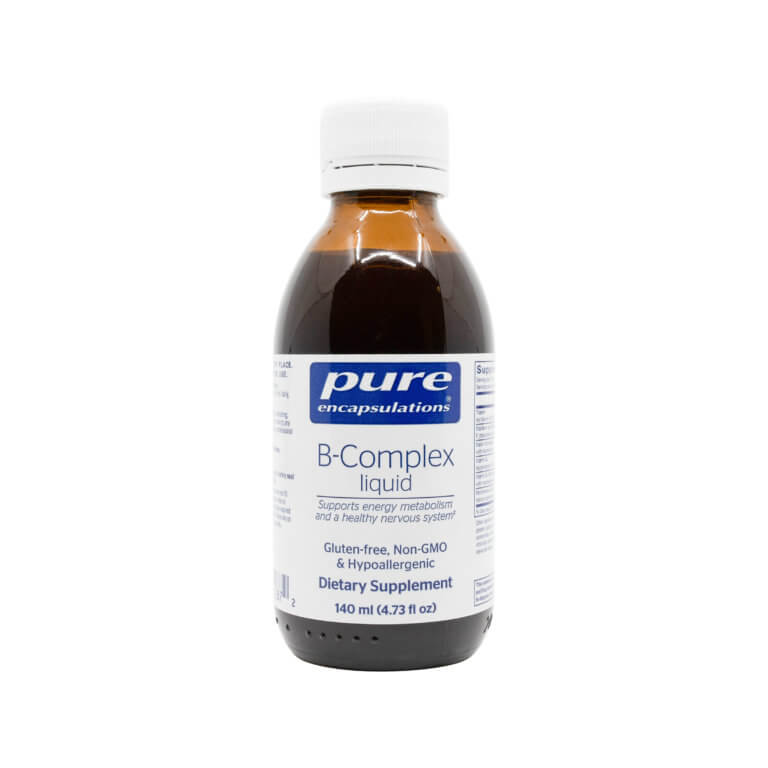Cart
0
by Glen Depke
In part 1, you understood some of the basic aspects of brain development for your kids:
· Basic nutritional needs for this development
· Basic lifestyle choices for proper brain development
· Simple time frame guidelines for this development
· Some of the needed brain functions for a healthy child
If you missed part 1, click here first, prior to reading part 2.
Let’s first start with nutrition for your child’s brain. I mentioned in part 1 that you need fatty acids, glucose and oxygen for proper brain development. Specifically, it is important to address this with proper omega 3 supplementation. I know you have heard this before but wait; I will address this on a much more specific level. Understand that your typical omega 3 contains the fatty acids EPA and DHA. Did you know that the aspect of your omega 3 supplementation that ties directly into your child’s brain function is the DHA? There are supplements on the market today that will provide either a 14:1 or a 24:1 ration of DHA to EPA for proper brain development and for children with brain development disorders; I recommend the 24:1 ratio supplementation. Adding healthy fats such as avocado, olives and flax seeds are another important nutritional choice that honestly, most kids love.
Glucose was also mentioned as an important nutritional factor with proper brain development. No, this does not mean that the consumption of processed sugars or processed carbohydrates is the food of choice for brain development. I am talking about feeding your children higher amounts of fresh vegetables on a consistent basis and fresh fruit on occasion. It is often best to add a quality fat with this fruit consumption to slow the release of glucose so insulin levels do not spike. This will provide the longer sustained energy without the spike and crash that we often see with children these days.
Nutritionally, it is not only important to add the proper choices to enhance brain development, it is also important to reduce or eliminate the nutritional choices that are hindering this development. Here is a list of foods to be significantly reduced or eliminated.
· Gluten containing foods
· Processed sugars
· Processed carbohydrates
· Pasteurized dairy products
· Fruit juices
· All sodas
I have had many parents in the past share that if they eliminate these foods, they are eliminating most of what their kids eat. If this is true, this is exactly where a significant challenge lies for your child’s brain development and you know where the responsibility lies. It lies with you as the parents. I get that this can be tough to hear, but do you really want to hinder your child’s brain development? Are you willing to take responsibility for multiple challenges for your child’s health for the rest of their life?
Remember that the brain is developing well into the late teenage years, so this is extremely important.
Often I will hear parents say that they are only feeding their kids what every other parent is giving to their children. Remember from part 1 of this series, 1 out of 8 children in the United States has a brain development disorder and some even suggest 1 out of 6. So is it really OK to feed your child what everyone else is? You know what I am hoping your answer is.
If your child is already consuming all the challenging foods and not consuming the brain healthy choices, this may take some time to create this shift but it will be more than worth the effort. Remember, it is your responsibility as a parent to supply the nutrients needed for your child’s brain development.
Let’s also look at the lifestyle choices to assist with your child’s brain development.
If you remember from part 1 how important the frontal cortex is in inhibiting the limbic system, understanding that a limbic system out of control will lead to impulsive behaviors, quick temper, poor decision making, saying things out of turn or the inability to wait your turn. If you recognize your child in this description you can take the nutritional steps above as well as these lifestyle choices. Dramatically decrease passive activity such as computer game and television. These activities are far too limbic dominant. Instead focus on activities that stimulate the frontal cortex such as play and movement. You remember what we used to do as kids. Run around, be active and focus on activities that also require balance.
Also focus on activities that stimulate the brain. If you child is very young, you can play the game that I can remember playing as a kid. Place a deck of cards face side down and pick up two cards, looking for cards that match. Take turns going around the table and when you pick a match, you get to keep the cards. You will be amazed that these simple shifts can create a dramatic improvement.
If your child is a bit older it would be a good idea to get them interested in a musical instrument and enroll them in learning a second language. These are very stimulating to the brain and assist with brain development.
From a clinical perspective, it is important to note that you want to make these changes right now. The older your child becomes, the more difficult it is to make changes. The older your child becomes, the more permanent his/her disabilities become. Once they reach teenage years, the brain’s potential for positive change is dramatically reduced.
Time and urgency matter!
To add from part 1, you want to look for certain characteristics for clues of brain development disorders. Is your child inattentive with their head in the clouds, are they hyperactive and bouncy, are they depressed, anxious and easily startled, or are they inflexible, rigid and always want their way? If you are answering yes to any of these, it is up to you to address this and address it soon.
Another factor that has a very high level of importance in assisting with your child’s brain development happens when your child is simply a glimmer in the eyes or yourself and your spouse. Focusing on your own health as a parent into an optimal state prior to conception is also extremely important. Not only from the factor of healthy parents typically conceive healthy babies but it will also be much easier for you to teach your newborn healthy habits if you are already following these habits yourself. If you ask you child to eat well, play, move and stimulate their brain; you should be too.
It is also recognized by many in the field that very often children with developmental delay are born from a pregnant mother with alcohol abuse, hypothyroidism and/or autoimmune challenges. This is one of the reasons to address your health as a parent prior to becoming a parent.
To end, if you already have a child that was diagnosed with developmental delay, Autism,
ADD, ADHD or if you simply recognize the symptoms discussed earlier; you very likely stand a very positive chance in assisting your child in creating a very positive shift in brain development. Once again, remember that time and urgency matter.
ADD, ADHD or if you simply recognize the symptoms discussed earlier; you very likely stand a very positive chance in assisting your child in creating a very positive shift in brain development. Once again, remember that time and urgency matter.
If you have any comments or questions on this article, I welcome you to post these below for me to answer personally.
If you would like to discuss my protocols for children with any level of developmental delay, I welcome you to register here for a complimentary 20 minute phone consultation to understand this process.











